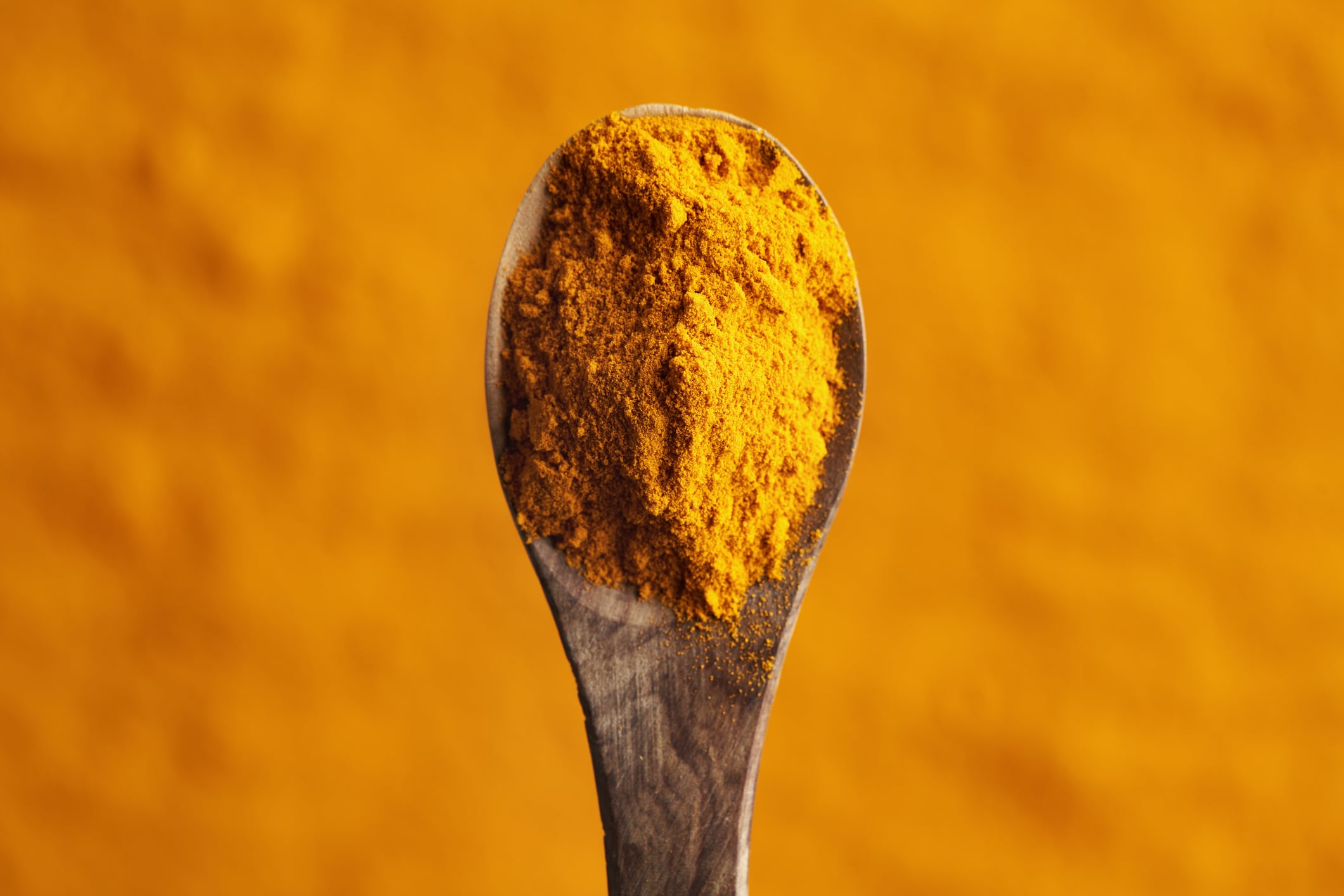Published in GMS Hygiene and Infection Control, the systematic review included seven studies which assessed the efficacy of curcumin in oral inflammation.
It found that curcumin formulations can improve outcomes in various oral health conditions, such as periodontitis and gingivitis (gum disease) and oral mucositis (the inflammation of the mouth’s mucous membranes).
The researchers from medical colleges in Tamil Nadu, India, said the research consistently illustrated the anti-inflammatory, antioxidant and antimicrobial functions of curcumin, suggesting it is a safe and effective intervention for the management of oral inflammation.
“The studies indicate that curcumin significantly decreases clinical markers of inflammation, improves healing and reduces patient discomfort, warranting its use as an adjunctive therapeutic agent,” they wrote.
Nano-curcumin preparations may increase bioavailability
Curcumin is the active ingredient in turmeric, a polyphenol with powerful anti-inflammatory, antioxidant and antimicrobial properties. It has been used for thousands of years in Ayurvedic medicine, from treating eye infections, burns and acne to skin conditions and digestive issues.
More recently, researchers have begun to explore how curcumin may benefit oral health, with a number of turmeric mouthwash, toothpaste and gel products entering the market.
According to the systematic review, curcumin capsules may be just as effective for oral health as other formulations.
One study included in the analysis showed that nano-curcumin capsules significantly reduced inflammation and bleeding gums in participants with gingivitis and mild periodontitis. Malekzadeh et al. stated that nano-curcumin capsules are likely to be just as effective as topical forms, given that these capsules have heightened bioavailability.
Ramezani et al. also showed that both nano-capsules and curcumin mouthwash can decrease pain in people with oral mucositis. Participants receiving either oral or topical curcumin had significantly reduced severity and burning related to oral mucositis, with both interventions also reducing the prevalence of mouth ulcers.
Topical treatments such as gels were also shown to be effective for improving the symptoms of periodontitis and gingivitis. However, the review authors suggest that nano-curcumin preparations may have greater therapeutic effects.
“Most of the nano-curcumin preparations had better bioavailability and therapeutic effects because of increased penetration and release over a period of time,” they wrote.
How does curcumin improve oral health?
Shunmugavelu et al. reported that curcumin’s mechanism of action of curcumin includes modulation of pro-inflammatory cytokines and an increase in antioxidant enzyme activity, protecting oral tissues from oxidative stress and inflammation.
Its antimicrobial properties are also linked to its ability to disrupt microbial biofilms and inhibit the growth of pathogens such as Porphyromonas gingivalis and Fusobacterium nucleatum, resulting in a ‘multifaceted’ approach to managing oral inflammation.
While the outcomes varied from study to study, the researchers say this can be attributed to the differences in formulations, dosages and delivery systems, and overall suggest curcumin as an efficacious ingredient for oral health.
“The review highlights curcumin’s efficacy as a safe and effective adjunct treatment for the management of oral inflammation,” they wrote. “Its use in gels and hydrogels improves clinical results in periodontitis and gingivitis. Nano-curcumin preparations provide enhanced bioavailability and patient compliance.”
“While curcumin is promising in pain and inflammation relief in radiation-induced oral mucositis, its efficacy in oral lichen planus is inconclusive,” they added.
Source: GMS Hyg Infect Control. doi: 10.3205/dgkh000575. “Role of curcumin in oral infection and inflammation.” Authors: K. Shunmugavelu et al.


